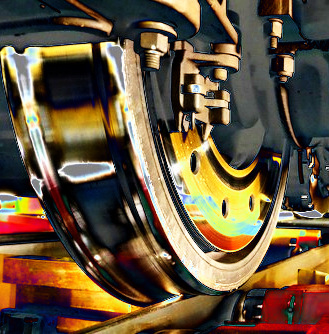Tunnel costs defended
 Victorian taxpayers are set to bear an additional $837 million in costs for the Melbourne Metro Tunnel project, bringing the total budget to $13.48 billion.
Victorian taxpayers are set to bear an additional $837 million in costs for the Melbourne Metro Tunnel project, bringing the total budget to $13.48 billion.
The project, which aims to connect Melbourne’s east and west with five underground stations, has seen significant cost increases since its initial $10.9 billion estimate in 2016.
Rising material and labour costs, coupled with global events, are being blamed for the blowout.
Transport Infrastructure Minister Danny Pearson, addressing the media late last week, attributed the increase to unforeseen economic and geopolitical pressures.
“Since 2017, nobody could have predicted a once-in-100-year pandemic, nobody could have predicted conflict in Gaza and in Ukraine, and nobody could have predicted interest rate spikes,” Pearson stated.
“It is just costing more to build anything, anywhere in the world.”
The Metro Tunnel, initially budgeted at $10.9 billion, had already exceeded $11 billion by 2017.
Under a new agreement, the state government will provide the construction consortium, Cross Yarra Partnership, with up to $745 million to cover increased expenses.
The consortium will match the government's contribution, and an additional $85 million will go towards continued testing of the new rail line.
The Metro Tunnel will connect the Sunbury, Cranbourne, and Pakenham lines via five new stations: Arden, Parkville, State Library, Town Hall, and Anzac.
The expanded rail line is expected to alleviate pressure on Melbourne's City Loop, allowing continuous travel from Sunbury to Cranbourne or Pakenham without changing trains. However, nearby hospitals are experiencing electromagnetic interference from the project, complicating the budget further.
Despite the financial hurdles, Pearson assured the public that the project is on track for a 2025 completion, one year ahead of the revised 2026 schedule.
Three of the five stations - Arden, Anzac, and Parkville - are already finished, with test trains having run over 20,000 kilometres since mid-2023.
“We are three stations down, two to go,” Pearson said.
Pearson also noted the unpredictability of future global events, acknowledging that further cost issues could arise.







 Print
Print